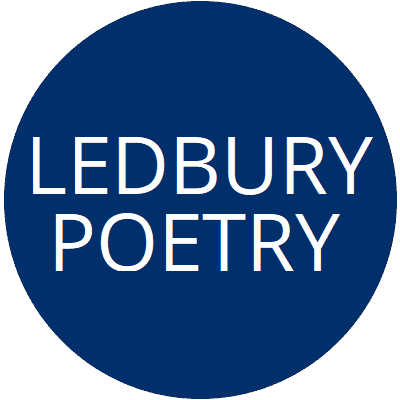“We are all products of the society and culture which is having a devastating impact,” Ralph Pite told the audience. And this is very true indeed – as his talk shows us how poetry is shaped by our attitudes towards the ‘climate crisis’. One of the core messages we are given from Pite is that our approach to nature through words can greatly impact our attitudes towards events such as climate change.
As Pite tells us, activists adapted terms for ‘climate change’ from the mellow-sounding ‘warming’ of the earth, as described by Western governments, to a much more realistic global ‘crisis’. And this is a product of our attitudes, showing the contrast of those who want to distance themselves from a climate disaster and those who embrace the real possibilities of our uncertain future. As Pite describes, people can be in a form of ‘denial’: “Alternate ways of thinking and using language are ignored to our own detriment.”
These terms alone, the ‘climate emergency’ or ‘crisis’, summarises how we want to address these issues: as Pite tells us, there is a sense of panic and urgency surrounding these words, as opposed to global ‘heating’ or ‘warming’, which gives a very misleading sense of comfort. As Pite suggested, giving incredibly serious topics certain names, such as ‘ecocide’, can be used as a ‘distancing device.’ In his own words, “Give it a name, and we don’t have to think about what it is.”
Despite the gloomy references to ‘ecocide’ and the very worrying acceleration of species extinction, there were beads of positivity within Pite’s talk. And this lay in how poetry can help us improve our connection with, and awareness of, nature. After all, how could poetry help with changing attitudes towards global issues? There’s a huge climate disaster about to unfold, and we are busy ‘mincing about with cadences and rhythms.’
Pite summarised that ‘everyone needs to be encouraged and inspirited in the face of the looming climate disaster.’ And we can do this through poetry, which can change our perspectives and point of view, bringing to life perceptions that culture would rather crash. Poetry makes you think. Pite highlighted that poetry is an ‘activity’- “Not simply a process of reading or watching or looking, [but] something to be involved in.”
And poetry can be done anywhere, with no money needed. There are many, many people in the world who could write poetry.
Using examples from female poets such as Fiona Benson, Kathleen Jamie and Jorie Graham, he showed us how poetry can imitate the language of the natural world. He indicated parallels between the human and natural world in the poems, and referenced how the two collaborate in works such as Fiona Benson’s ‘Big Dipper Fireflies’.
From Pite’s talk we can take away that poetry is a device not just for reading and using fancy words, but for extending past literary devices and into the hearts and minds of people all around us. We can recreate the rhythms of the natural world, whilst also encouraging people to open up to possibilities that we can bring about change for the greater good.
Chloe Harvey is working on the Ledbury Poetry Internship Programme 2023
